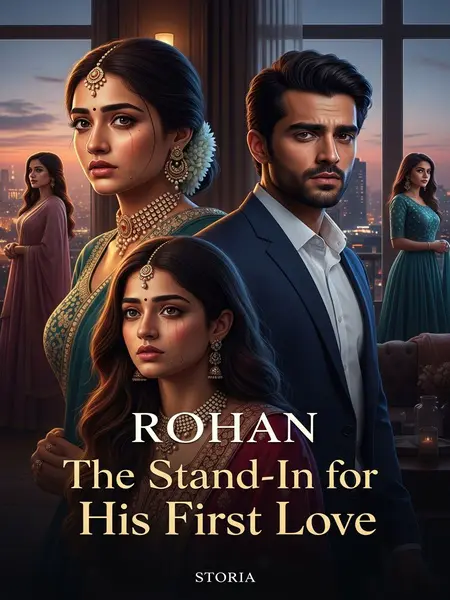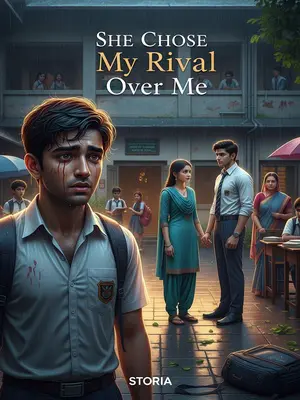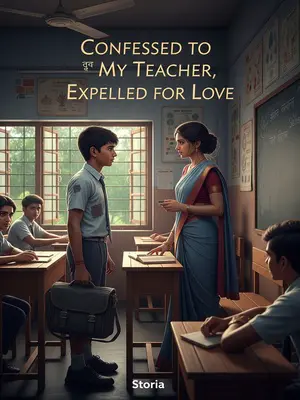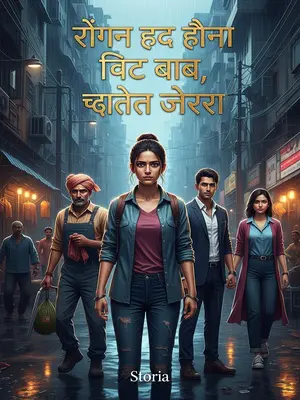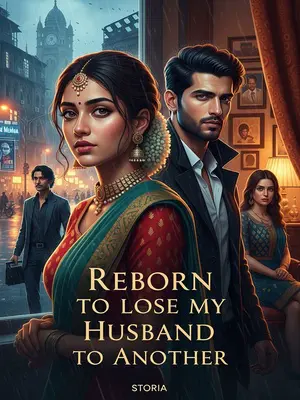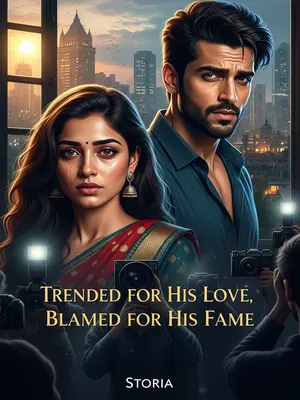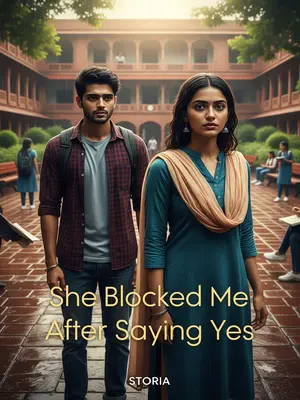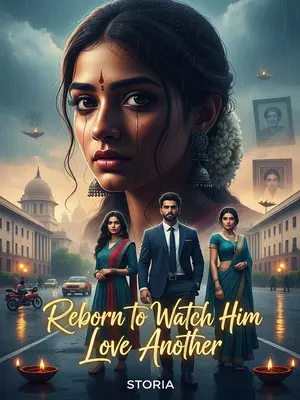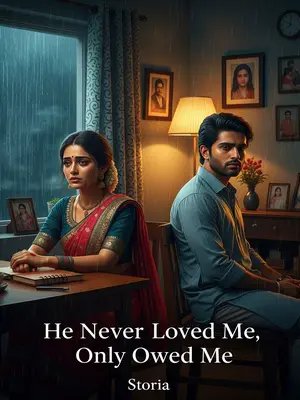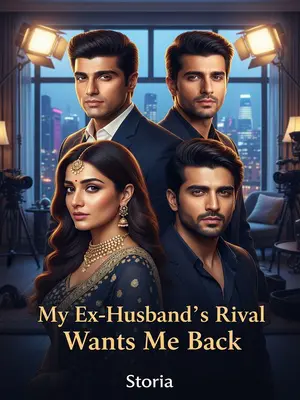Chapter 2: Farmhouse Bets and First Encounters
That night, his friends threw him a bachelor party. The venue—a sprawling Chattarpur farmhouse—was alive with fairy lights flickering against ancient neem trees. The air buzzed with loud Punjabi music, the scent of grilled kebabs, and bursts of laughter. Someone did a wild bhangra move under the fairy lights, nearly knocking over a tray of snacks. In the background, someone’s mother called on speaker, scolding her son for being out so late, and the whole group groaned in mock horror.
As soon as my name came up, there was a ripple through the crowd—people leaned in, ready for the latest masala. Someone whistled, another nudged Rohan, and the laughter grew louder. “Arrey, looks like Ananya has moved on! Rohan bhai, your luck is running out!” a friend teased, breaking into knowing chuckles.
Rohan’s mood suddenly soured. He stubbed out his cigarette and sneered, “She said we were together, and she was the one who brought up breaking up. Is it really so easy in this world?” His tone was sharp, brittle. The laughter faded; even his closest friends didn’t dare push further. For all his charm, when Rohan Malhotra got angry, the whole room paid attention.
When I first got together with Rohan, his friends made bets—high stakes on whether our relationship would last even a month. Arjun, Zoya, Kunal—all city-bred, bungalow kids with drivers and security. They’d seen enough of Rohan’s flings to know the drill. “This one will last two weeks, max,” Kunal joked, slapping down a thousand-rupee note. In Delhi, gossip and betting went hand-in-hand, especially when it came to love.
He came from a prominent family, famous across South Delhi. My roommate Fatima warned me, “The Malhotras aren’t ordinary people, yaar. Not easy to get involved with.”
I remember us sitting cross-legged on the hostel bed, ceiling fan whirring overhead, as Fatima leaned in. “His chacha is an MLA, they have that white bungalow near Siri Fort—so much money, yaar. You better be careful.”
“But this Third Young Master Rohan is a bit different. I heard he’s easy to pursue, never loses his temper at girls, always parts on good terms with every girlfriend.” Fatima grinned, nudging me. “He’s like a puppy around girls—never gets angry, always gifting something or the other. Even after breakup, he’ll call to check if you reached home safe!”
It wasn’t an exaggeration. I’d heard stories—how he once drove to Gurgaon just to return a sweater to an ex, how he remembered birthdays and sent elaborate cakes even after things ended.
But between us, there was never a question of who chased whom. Looking back, there was no filmi chase, no dramatic confessions. We just… happened. Like monsoon rain slipping quietly through windowpanes—inevitable.
At the time, I was in my second year of postgraduation, working on a research project. I needed an out-of-print monograph, almost impossible to find. I posted on WhatsApp and Instagram, but nothing turned up—until, late one night, I got a message.
The profile picture was a lazy golden retriever, bio: 'Delhi boy. Foodie. Collector of rare things.' The message: [My dad seems to have it. If you want it, contact me. Bhai will do a good deed.] That 'bhai will do a good deed' bit made me laugh out loud. In Delhi, you learn to grab your chances by the collar.
He sent his number, then called a few minutes later, his voice low and amused. “I’ll check the storeroom tomorrow. You want it couriered or will you come pick it up?”
The next day, I found myself at the Malhotra bungalow, heart pounding, trying not to trip on the marble steps.
We met twice more so I could thank him. The last time, he stood under a streetlamp outside India Habitat Centre, yellow lights flickering through the Delhi dust, air thick with the scent of rain on hot stone. “So, Meera, will we meet again, or is this goodbye?”
Delhi nights have a way of making ordinary questions feel dramatic. For a second, I wished time would freeze right there, between the streetlight and the city breeze.
I looked at him, half-challenging, half-teasing: “I heard you’re easy to chase. Is that true?”
He laughed, that soft, rich laugh that made people turn. “Is it so? Arrey, then try and see what happens, Meera.”
Something shifted in the air. Suddenly, I wanted to win, just to see if I could. There was a challenge in his tone—and I’ve always been stubborn.
When you haven’t seen much of the world and you meet someone like him—unrestrained, calm, powerful—you can’t help wanting to get closer. Besides, I’d seen him before. I’d just arrived in Delhi, my wallet stolen at Nizamuddin station. It started raining; I was miserable and cried a lot.
That memory is still sharp: Nizamuddin station, monsoon thunder rolling overhead. Porters shouting, chaiwalas weaving through the crowd, the smell of rain on hot stone, and the sticky sweetness of spilled Frooti on the platform. I stood under a leaking tin roof, salwar kameez clinging to my skin, clutching my empty bag.
He drove by, BMW slowing to a halt. He rolled down the window, smiled gently. “Are you okay? Come, I’ll drop you. It’s not safe out here.”
Of course, I didn’t dare get in. Delhi girls know better. I clutched my wet dupatta tighter, mumbled a thank you.
He coaxed, offering a packet of tissues, his tone soft. “Please, don’t cry. My sister’s your age—I’d be worried if she was stuck like this.”
That day, I made my way back to the hostel alone. For days, I told everyone about the kind stranger in the BMW. But we never met again—until that message about the monograph.
In a city like Delhi, even a single meeting is rare. You tuck such encounters away, never expecting them to mean more.
